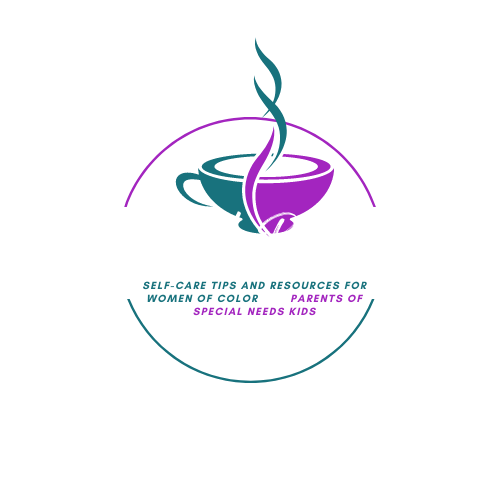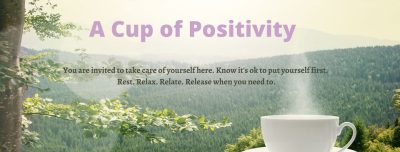In the middle of sharing a health-related struggle, a friend recently made the comment that we, as women, tend not to ask enough questions of our doctors. This innocent comment got me to thinking about not only the times we go to the doctor and walk away with a new prescription. We go to the pharmacy, have the prescription filled, and start taking it. Sometimes before we leave the pharmacy parking lot.
How often do we stop to ask exactly how the medication will help us and what are the potential side effects?
In fact, how often in life do we take things at face value rather than asking questions?
I was at the pharmacy counter in my local drugstore and this older gentleman was in front of me. The pharmacy tech handed him his prescription in a bag and he went on his way. He looked at the bottle as he was walking away and realized it belonged to another patient.
“Excuse me, this isn’t my prescription.” He said to the tech.
She took the medicine and looked at it. “It’s the same medicine, the same doctor, same dosage. It’s ok.”
“It’s not ok. This medicine belongs to some other patient. I need the one with my name on it.”
My point here is, doctors, nurses, pharm techs, are human. They’re prone to making mistakes. We have to ask questions.
Kudos to this gentleman because he stood up for himself to this harried clerk.
Maybe this scenario is a little off the mark but suppose he had taken the medication home, taken it, and later realized it was the wrong medications.
If you’re like me, you’re always looking for a magic pill that will melt off the pounds with a quickness. Every new tea, cream, or powder that hails itself as the next big weight loss breakthrough is of interest.
Before you give up your hard-earned dollars (they never cost just a dollar), do you research the product?
- Do you find out how long it’s been on the market?
- How long was it tested before they brought it to market?
- What about the reputation of the person or people behind the product?
- Or the ingredients in the next big cure.
- Do you stop to think about how your body might react to those ingredients?
Trying a product without doing my own due diligence is how I found out the hard way that I am allergic to coconut and coconut-based products. Even the slightest bit of coconut makes my throat feel as if it’s closing.
Lest you think I’m disparaging the medical community, which I’m not, we see this lack of asking questions in other areas of our lives.
We don’t ask about:
- what’s put into the food we eat?
- the gas we out into our vehicles, or
- the air we breathe.
How about the education our kids get? When my son was in school, he might have graduated with a diploma that wouldn’t allow him to go to college should he decide to do so if I hadn’t asked questions. Many times, the teachers considered me a nuisance and my reputation preceded me at each school he attended. So what? I asked the questions that needed to be asked for him to receive the best possible education he could get.
There are many reasons we might not ask questions, but the main reason is fear. Afraid of looking uneducated. Believing we should already know the answers is just another form of fear. Not wanting to appear stupid in front of our peers.
Preparation is key
The next time you are going to see your doctor, take someone with you to help you ask questions about a recommended treatment, etc. If you don’t have anyone, you can take with you, do your research, and write out your questions, especially concerning anything you don’t understand. Doctors only get around 20 minutes to spend with a patient, make them count.
When you go to your next teacher’s conference, take a list of questions about how your child is doing in class. I had one rule: if a teacher reported something negative about my son; they also had to report something positive.
We’re conditioned to believe in the professionals. They have the education, knowledge, and expertise. Again, the professionals are only human. We need their expertise. But, it is our duty as patients, as consumers, to ask questions, if they say something we don’t understand or if something doesn’t sit well with us.
Asking questions will help keep you happy and healthy. But only if you speak up.
A Cup of Positivity.
For inspiration to get you through your day check out my book:
Jump into Positivity: 35 Quotes & Affirmations to Empower Women to Love Themselves.



